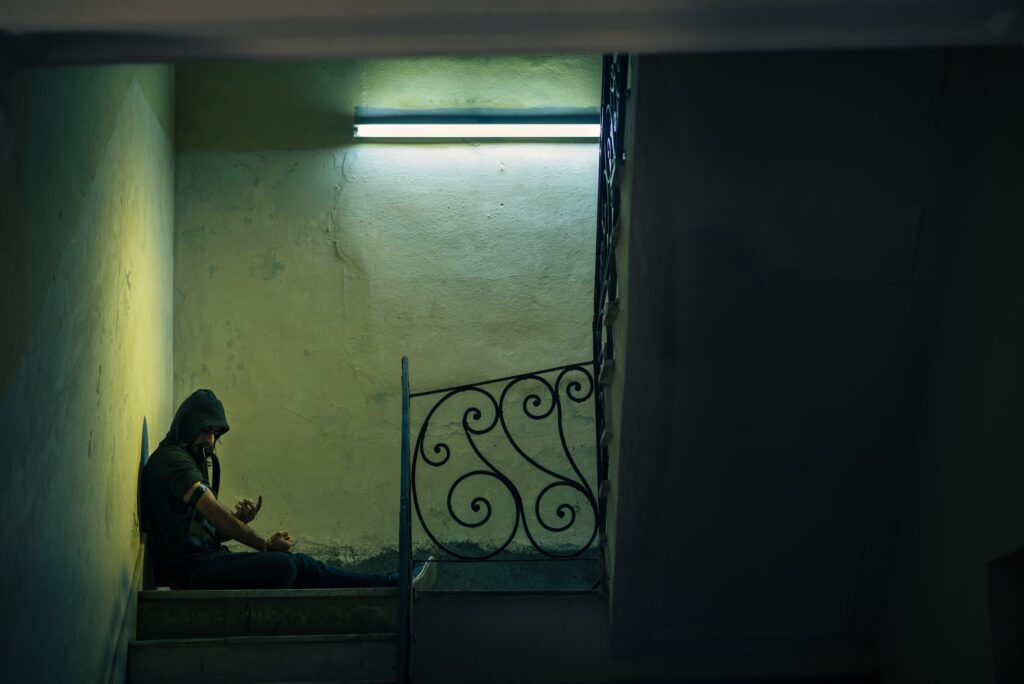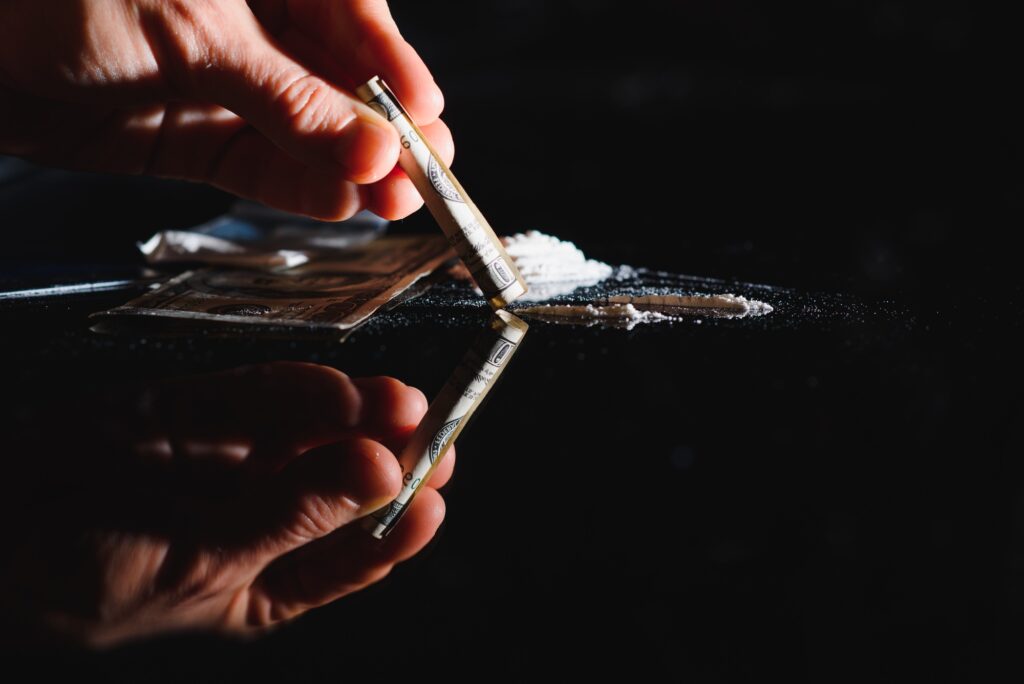Heroin Detox: Why the First Step Is the Most Important One

Heroin addiction is not just a habit—it’s a powerful disease that impacts the brain, body, and entire life of the person affected. For those ready to reclaim control, detox is the essential first step. At Solace Hills Detox, we specialize in medically supervised care that helps clients safely and effectively withdraw from heroin as they prepare for long-term recovery.
Why Cocaine Detox Matters: First Steps Toward Recovery

Cocaine is a powerful stimulant with a reputation for delivering intense highs—and devastating crashes. It’s also one of the most psychologically addictive substances, often leading to cycles of binge use, emotional instability, and risky behavior. At Solace Hills Detox, we understand the unique challenges people face when trying to break free from cocaine dependency. That’s why we’ve designed a medically supervised cocaine detox program to support individuals through this critical first stage of recovery.
Navigating Court-Ordered Rehab: How Detox at Solace Hills Supports Your Legal and Personal Recovery

Being ordered into rehab by a court can be intimidating. Whether it stems from a DUI, probation requirement, or other legal issue, the idea of mandatory treatment often comes with a mix of fear, confusion, and pressure. But at Solace Hills Detox, we believe court-ordered rehab can also be a powerful opportunity—to get clean, stay out of legal trouble, and take the first step toward a life you want to live.
Depression and Detox: Why Mental Health Support Is Crucial to Recovery

Detox is often seen as the first physical step toward recovery from addiction—but it’s also an emotional one. For many, withdrawal brings not only physical discomfort but also waves of sadness, anxiety, or hopelessness. These emotional symptoms aren’t just side effects; they’re often rooted in something deeper: depression.
Alcohol Addiction Isn’t Always Obvious: Signs You Need Help and Where to Start

When people think of alcohol addiction, they often imagine worst-case scenarios: daily drinking, physical collapse, or major life disruptions. But in reality, alcohol use disorder can take many forms—some far less visible, yet still deeply harmful.
From Detox to Recovery: What Comes After the First Step

Detox is a critical step in overcoming drug or alcohol addiction—but it’s just the beginning. At Solace Hills Detox, we provide a medically supervised environment where your body can safely withdraw from substances. However, what happens next is just as important.
Breaking Free from Opioids: What Detox Looks Like and Why It’s a Life-Saving First Step

Opioid addiction continues to impact communities across the country, devastating lives and families with quiet intensity. Whether it began with prescription painkillers or evolved into heroin or fentanyl use, opioid dependence is one of the most difficult—and dangerous—substance use disorders to face.
Detox and Mental Health: Why Stabilizing Emotionally Matters as Much as Physically

When people think about detox, they often imagine the physical symptoms—nausea, chills, headaches, or sweating. But the truth is, some of the most intense and difficult challenges of early recovery aren’t physical at all—they’re emotional.
Cocaine Detox: What to Expect and Why Professional Help Matters

Cocaine is often seen as a “party drug,” but its impact on the brain and body can be anything but fun. Over time, repeated use leads to powerful dependence, psychological distress, and a dangerous cycle of binge and crash. At Solace Hills Detox, we help individuals break that cycle safely—starting with informed, medically supported detox.
Debunking Detox Myths: What You Really Need to Know Before Starting

Starting detox is a big step—and unfortunately, it’s one surrounded by a lot of confusion. Whether it’s stories from friends, outdated media portrayals, or online misinformation, many people enter the process with fear that isn’t rooted in fact. At Solace Hills Detox, we believe that understanding the truth can make detox feel more approachable and less overwhelming.